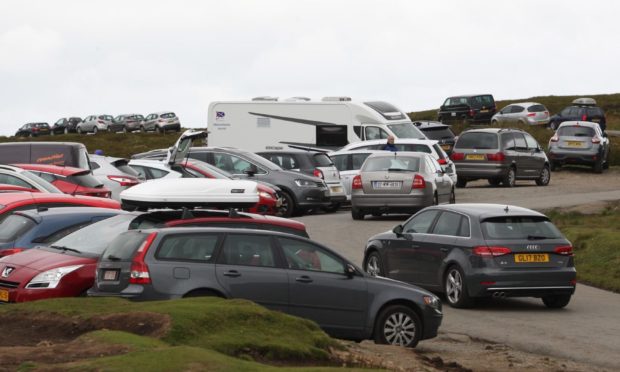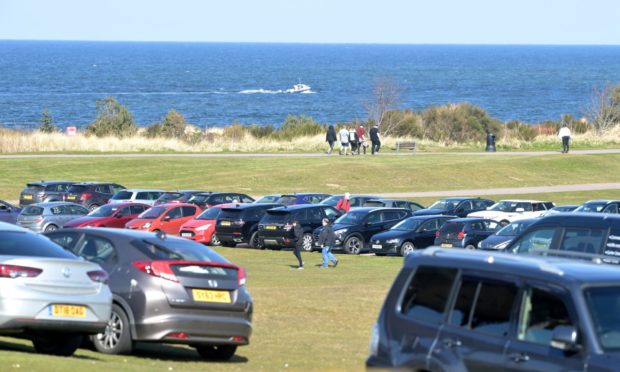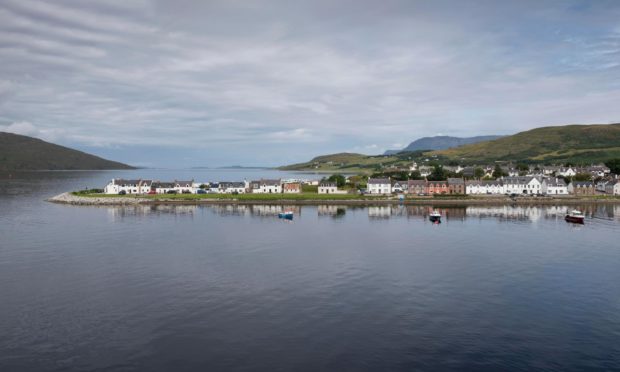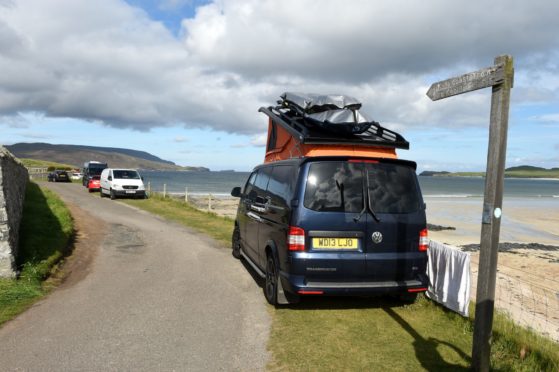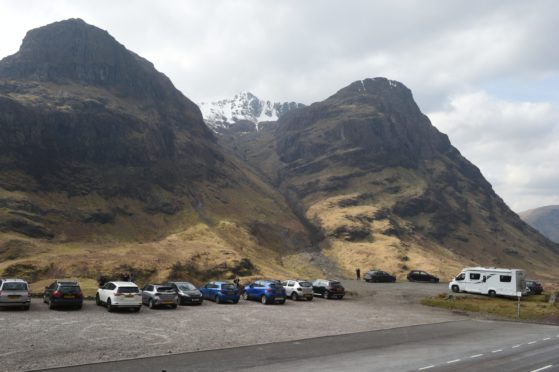Ahead of a busy summer season, new funding and planning has been revealed across the Highlands and Islands.
With visitors already flocking north, many of whom come in cars or motorhomes, improvements are being made to the facilities available for road users.
The Rural Tourism Infrastructure Fund (RTIF) has supported many tourism projects across the Highlands. It aims to enhance visitor experience, develop infrastructure and manage and improve visitor facilities.
£3million has already been set aside for the fund and a fourth round of applications are being accepted now.
Exposing weaknesses
The focus on investing in the tourism industry has come at a necessary time.
David Richardson is the Federation of Small Businesses’ Highlands & Islands development manager.
He said: “The good news is that the staycations resulting from the Covid travel restrictions are showcasing the Highlands to a much wider audience than we have seen since before the days of Mediterranean package holidays.
“The bad news is that they are exposing both the strengths and the weaknesses of what should be a uniformly world-class holiday destination. Much of our infrastructure has become increasingly run-down over the years and it simply isn’t fit-for-purpose any more.”
Among the applications that have been submitted for the next round of funding are improved parking, new toilet facilities, EV charging points and waste disposal facilities.
Popular tourist beauty spots that could receive the funding include Sandwood Bay, Ullapool and Glencoe.
Overnight parking for motorhomes
Highland Council’s tourism committee are exploring an official approach to the overnight parking of motorhomes.
The intention is to identify key sites for motorhomes to park in overnight, with the appropriate facilities, to avoid roadside parking.
Chairman of the tourism committee, Gordon Adam, said: “In peak season, rural communities and popular coastal areas can reach full capacity in caravan and motorhome sites quickly. By opening some appropriate Highland Council car parks for short overnight stopovers, it could help alleviate some of the inappropriate parking currently being reported across Highland communities.
“We continue to encourage visitors to the Highland region to plan and book ahead of travel, however we must also recognise the increase in popularity of self-contained travel.”
There would be a small fee in place to use these overnight parking spots, between £5 and £10.
Any proposals will be put to community councils before being agreed.
Funding for coaches
Coach operators can now apply for the second strand of the Covid-19 Business Support and Continuity Fund.
The fund is dedicated to helping Scottish-based businesses in the coach tourism and coach private hire sector
To be eligible, they must be operating the newest and most environmentally friendly vehicle fleet, a Euro 5 or 6 grade and M2 or M3 category, with 8 or more seats.
Like many, coach operators have had a difficult time during the pandemic with doubts as to when international visitors may return.
Malcolm Roughead, Chief Executive of VisitScotland, said: “We won’t just push a button and tourism will recover – we’ve had a year of very little investment, job losses and business closures – it will take time and significant investment to get us back to a thriving industry.
“A thriving tourism industry is essential to lead Scotland’s pandemic recovery. It is a force for good by not only providing jobs and economic benefits to every corner of the country, but also bringing benefits to our wellbeing and society.”
